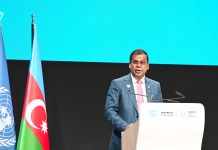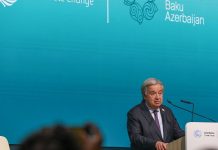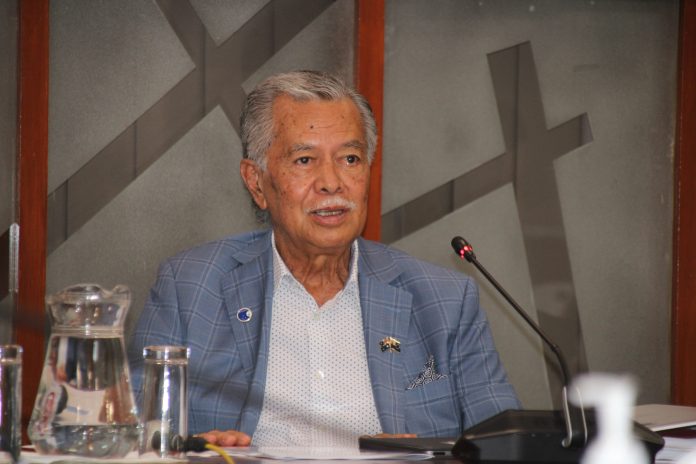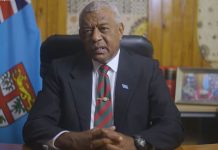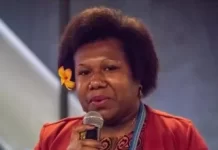The post-Cotonou deal between the European Union (EU) and the 79-member of the Organisation of African, Caribbean and Pacific States (OACPS) is set to sign the SAMOA Agreement on 14 – 15 November in Apia.
The pact was initialled in April 2021 after several years of negotiations and delays but remains unratified after negotiations concluded between the EU and African, Caribbean and Pacific(ACP) States.
The special relation that the OACPS share with the European Union, is governed by the Cotonou Partnership Agreement to be soon replaced with the new SAMOA Agreement.
The Pacific has emphasised to EU partners the concerns of the OACPS of the delay because the credibility of this longstanding partnership was at stake.
Forum Secretary General, Henry Puna told PACNEWS the signing of the Samoa Agreement is a great news for Pacific OACP members.
“This is wonderful news because we’ve been waiting so long to see that agreement signed. And finally, Prime Minister Fiame Naomi Mata’afa announced at the Forum Foreign Ministers meeting that the signing will take place in Apia on 14 and 15 November, immediately after the Forum leaders in Rarotonga.
“We are looking forward to that. And of course, we will be supporting the Samoa government in whatever way we can to make sure that event goes very well. As you can imagine, it will be a huge gathering of leaders from the European Union and OACP countries.
We are really looking forward to having that signed so we can start moving on to details and the implementation of the new economic partnership agreement,” SG Puna told PACNEWS during a media briefing in Suva with local and regional journalists.
During the 10th Summit of the OACPS Head of State and Government in Angola last year, Samoa Prime Minister Mata’afa said the signing of this agreement and its effective implementation, must be a priority for OACPS and EU.
At UNGA78 in New York last month, OACPS Secretary-General Georges Rebelo Chikoti discussed preparations for signing of new OACPS-EU Agreement in Apia, Samoa, next month with PM Mata’afa.
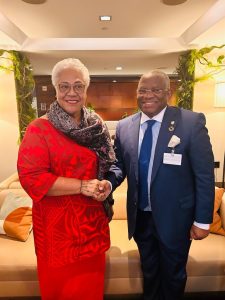
The successor to the 2000 Cotonou Agreement promises greater political dialogue and development cooperation, though it will not change trading arrangements between the EU and ACP, which will continue to be based on the regional economic partnership agreements and the Anything But Arms (EBA) agreement.
It also includes chapters on security and migration, one of the most controversial issues throughout the talks, including new commitments from the ACP countries on return and re-admission of failed economic migrants, and new text on agreeing “circular migration” and legal pathways into Europe.
The signing in Apia will last for a period of 20 years, that embraces OACPS member states objectives with the European Union.
SOURCE: PACNEWS



